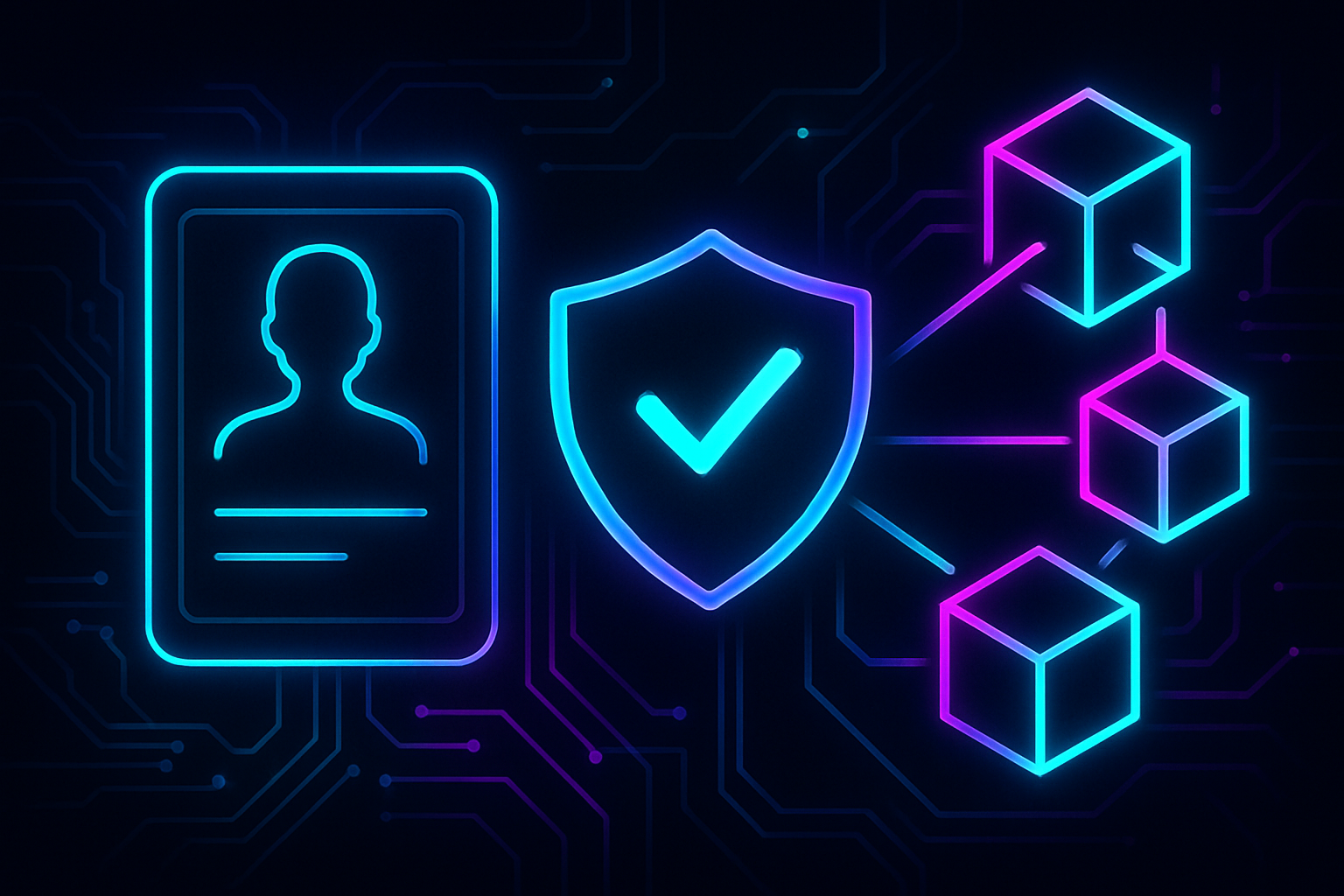
Picture this: You’ve just completed KYC on one platform, and suddenly, your verified identity is accepted everywhere across Web3. No more re-uploading documents, no more endless compliance loops, just seamless access. That’s the power of onchain attestations for KYC. As digital identity becomes a cornerstone of decentralized finance (DeFi), gaming, and tokenized communities, the need for portable, privacy-preserving credentials is exploding.

What Are Onchain Attestations, and Why Do They Matter?
An onchain attestation is a cryptographic proof stored directly on a blockchain. Think of it as a digital stamp that says, “This address has passed KYC, ” but without revealing any personal details. These attestations are issued by trusted parties, like exchanges or dedicated KYC providers, and can be verified by any dApp or protocol that supports the standard.
This isn’t just about ticking regulatory boxes. It’s about unlocking frictionless onboarding and turbocharging interoperability across blockchains. The current landscape is fragmented: Ethereum projects have their own solutions like Ethereum Attestation Service (EAS), Solana is rolling out its Solana Attestation Service (SAS), and omni-chain protocols like SIGN and Attest Protocol are bridging these silos.
The Cross-Chain Dream: Interoperability in Action
The real magic happens when these attestations are recognized across different blockchains. Imagine using your KYCed address to participate in an Ethereum token sale, join a gated Solana community, or unlock DeFi protocols on Polygon, all with zero extra paperwork. This is where solutions like Attest Protocol shine, offering a universal trust layer for verification without forcing every project to reinvent the wheel.
Top Benefits of Onchain Attestations for KYC
-
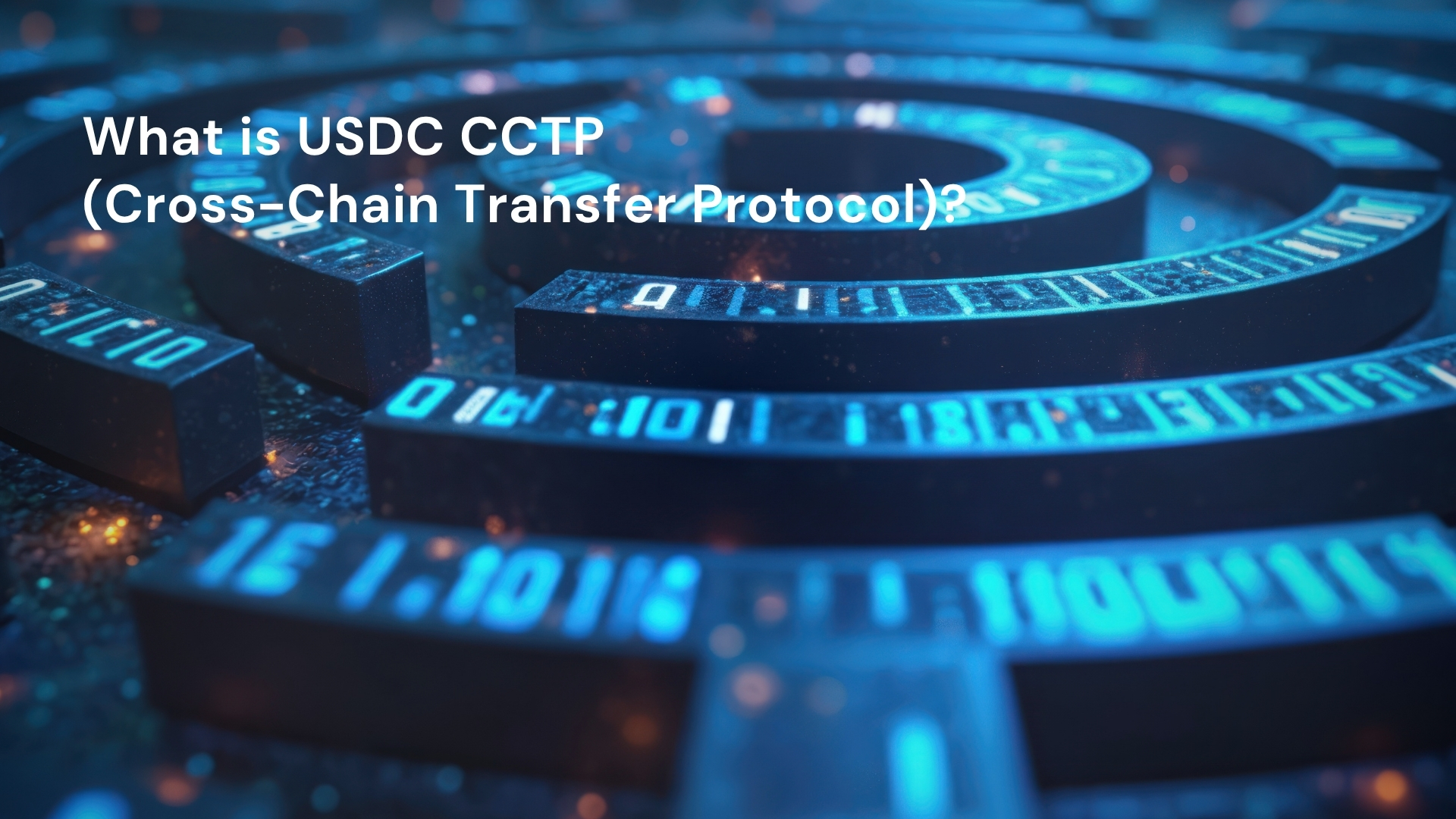
Interoperability Across Blockchains: Onchain attestations let KYC credentials be verified across multiple blockchain networks, removing the hassle of repeated checks. Attest Protocol provides a universal trust layer for seamless cross-chain verification.
-
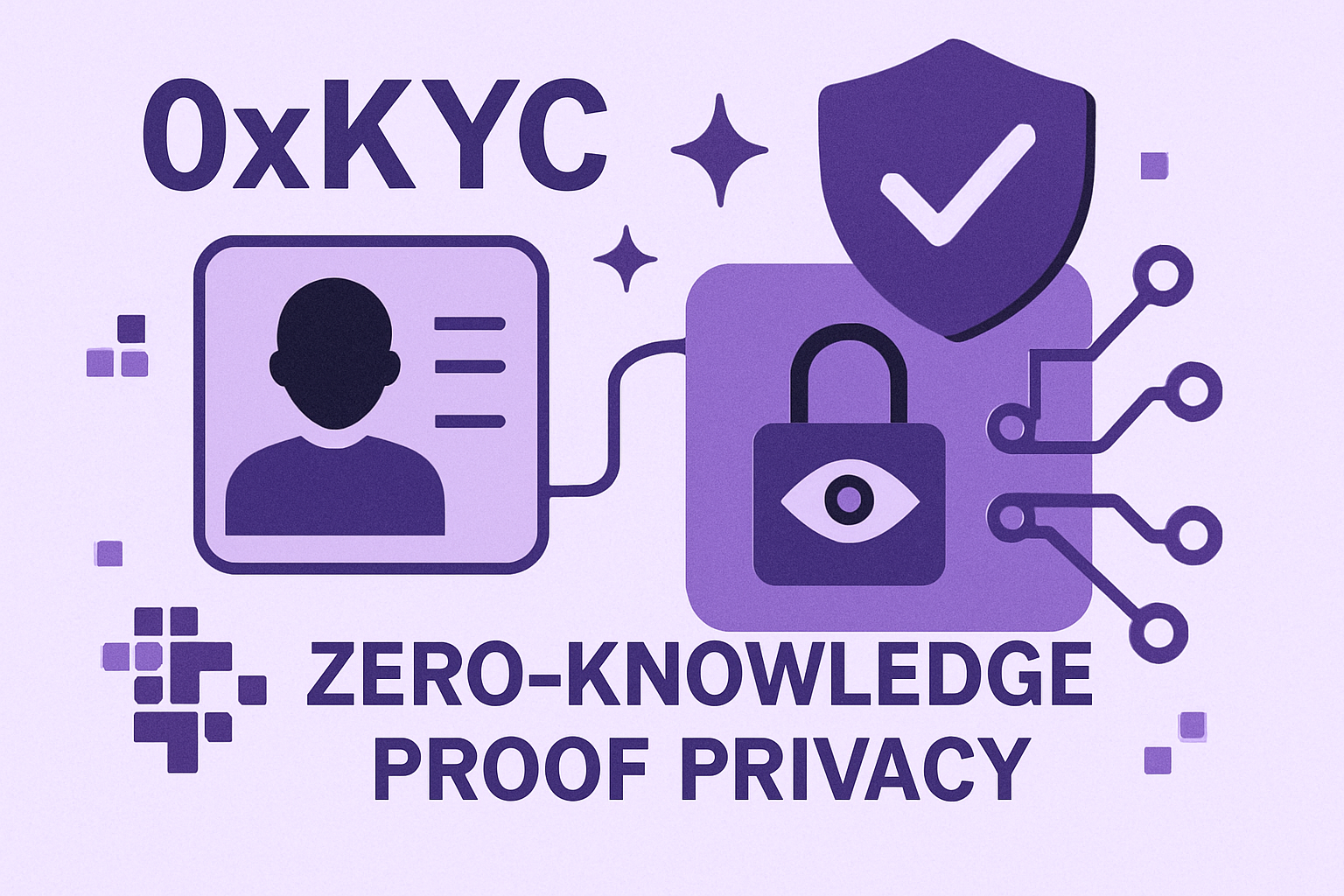
Enhanced Privacy and Security: By using zero-knowledge proofs, solutions like 0xKYC enable users to prove their identity without exposing personal data, ensuring both compliance and anonymity.
-
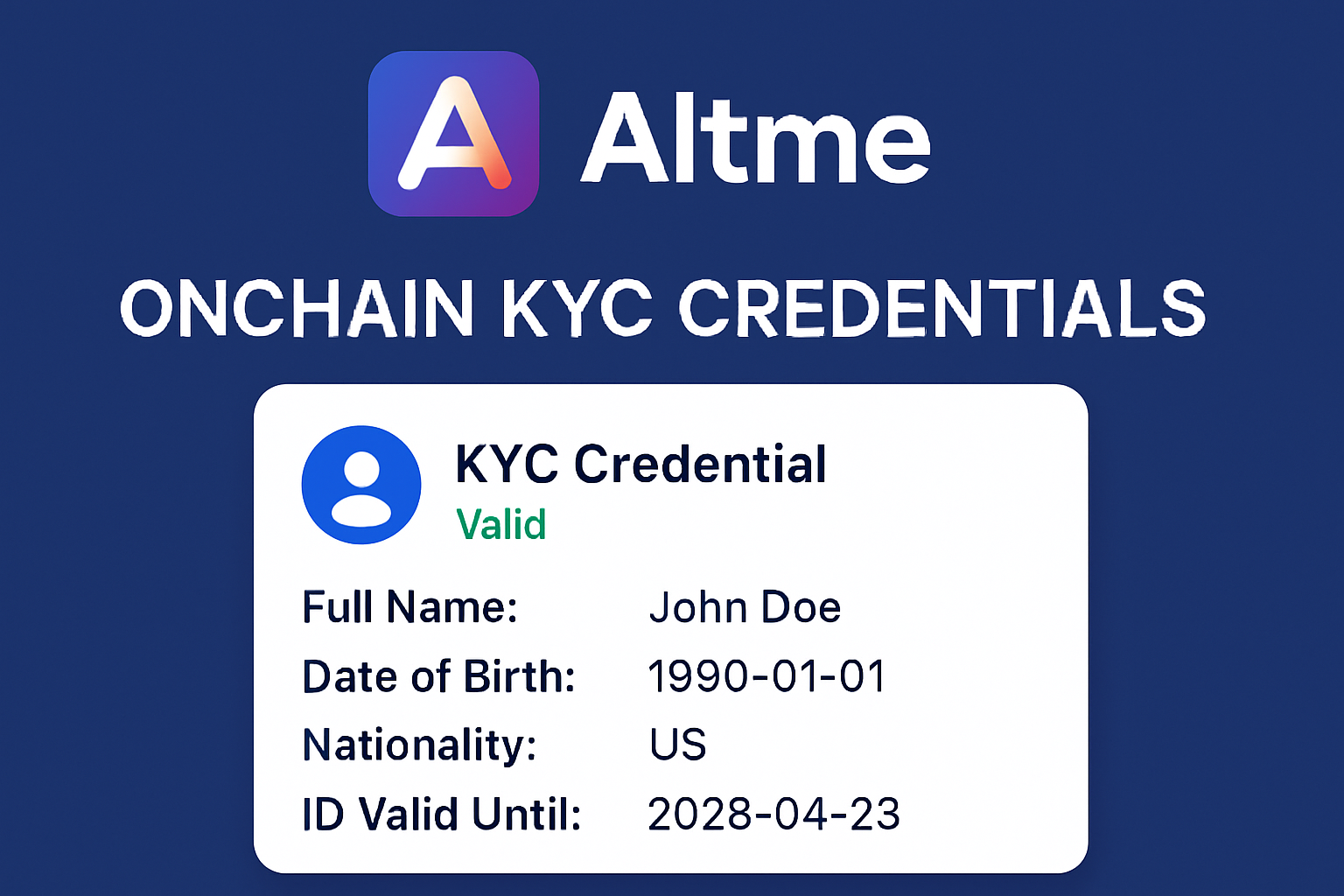
Streamlined Compliance: Platforms such as Altme issue verifiable credentials and onchain NFTs, making it easy for dApps and smart contracts to check users’ KYC status and meet regulatory requirements.
-

User Control and Portability: Onchain attestations empower users to manage their digital identities and choose what to share. Blockpass enables this self-sovereign identity model, boosting trust and flexibility.
-
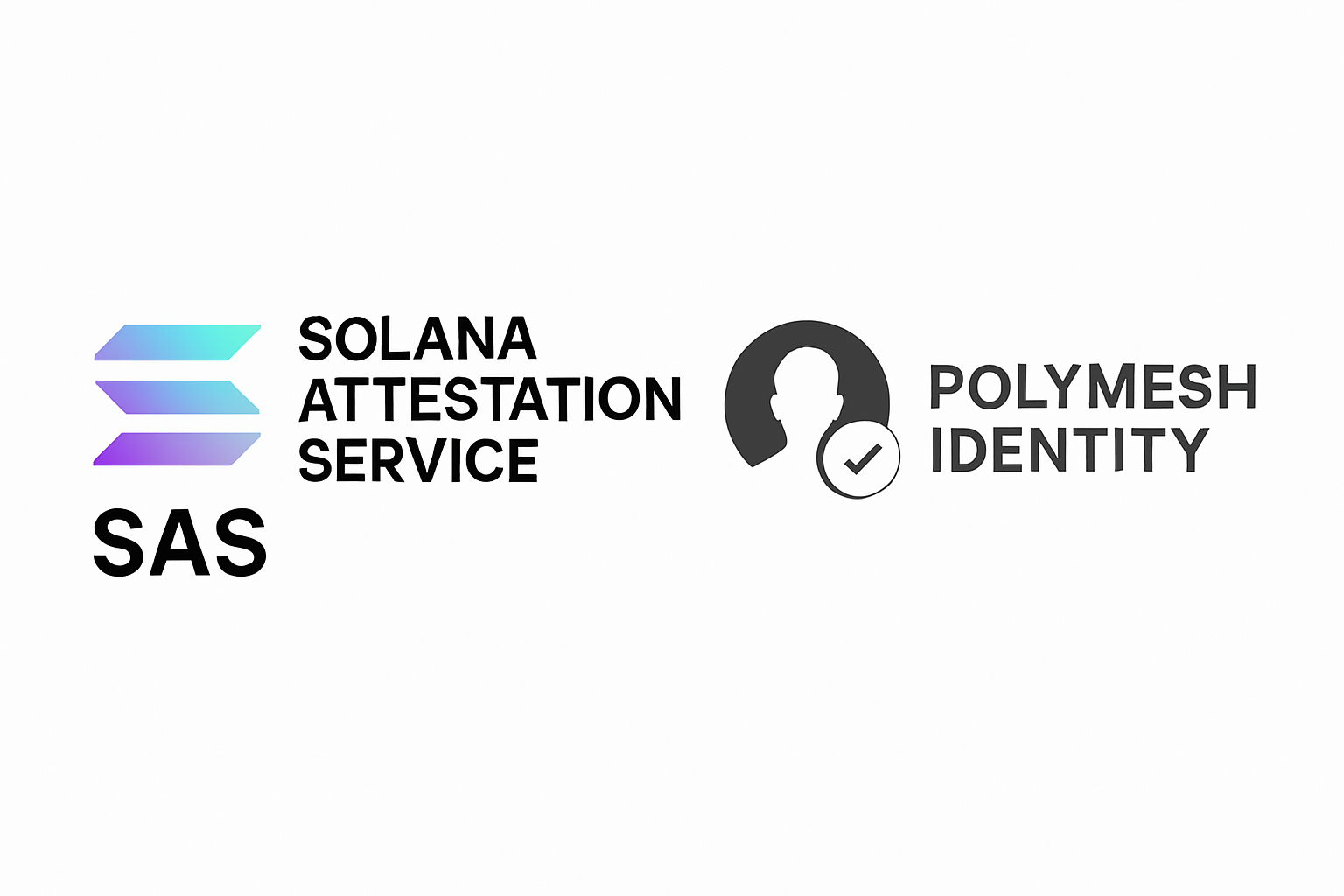
Real-World Implementations: Solana Attestation Service (SAS) acts like a digital passport, letting wallets verify permissions without revealing user data, and Polymesh provides a single onchain identity with attachable attestations for smoother onboarding.
But interoperability isn’t just about convenience, it’s also about trust and compliance at scale. Chainlink’s Cross-Chain Identity (CCID) framework allows users to complete KYC once and use those credentials anywhere in the ecosystem (see Chainlink ACE). Meanwhile, platforms like Altme issue verifiable credentials as NFTs or tokens that dApps can monitor in real time.
Privacy by Design: Zero-Knowledge Proofs Steal the Show
No one wants their sensitive info floating around public ledgers. Enter zero-knowledge proofs (ZKPs): cryptographic wizardry that lets you prove you’ve passed KYC without exposing your actual data. Projects such as 0xKYC use ZK liveness checks so users can show they’re unique humans, without doxxing themselves.
This privacy-first approach isn’t just good ethics; it’s smart business. It means users keep control over what they share and with whom, a game-changer for self-sovereign identity in Web3.
With privacy and portability at the core, onchain attestations for KYC are quickly becoming the gold standard for Web3 compliance solutions. As more protocols adopt these frameworks, we’re seeing a surge in innovative use cases that go far beyond simple token sales.
Real-World Use Cases: Beyond the Basics
Let’s get practical. Platforms like Crossmint are already issuing interoperable, cryptographically secure credentials that work across multiple chains and dApps. Polymesh is another standout, attaching attestations to a single onchain identity for each user or organization, streamlining onboarding and compliance checks for everything from DeFi lending to tokenized securities.
The Solana Attestation Service (SAS) acts like a digital passport, letting wallets prove permissions without leaking personal data. This is especially powerful for DAOs, NFT communities, and gated DeFi apps where trust and privacy have to coexist.
How Onchain Attestations Empower Users and Projects
Onchain KYCed address attestations aren’t just about ticking off regulatory checkboxes, they’re about creating a better user experience and reducing operational headaches for projects. Here’s how:
Top Ways Onchain KYC Attestations Drive Web3 Adoption
-

Seamless Cross-Chain Verification: Onchain KYC attestations enable credentials to be recognized and verified across multiple blockchains, eliminating repetitive identity checks. Platforms like Attest Protocol provide a universal trust layer for easy, interoperable verification.
-
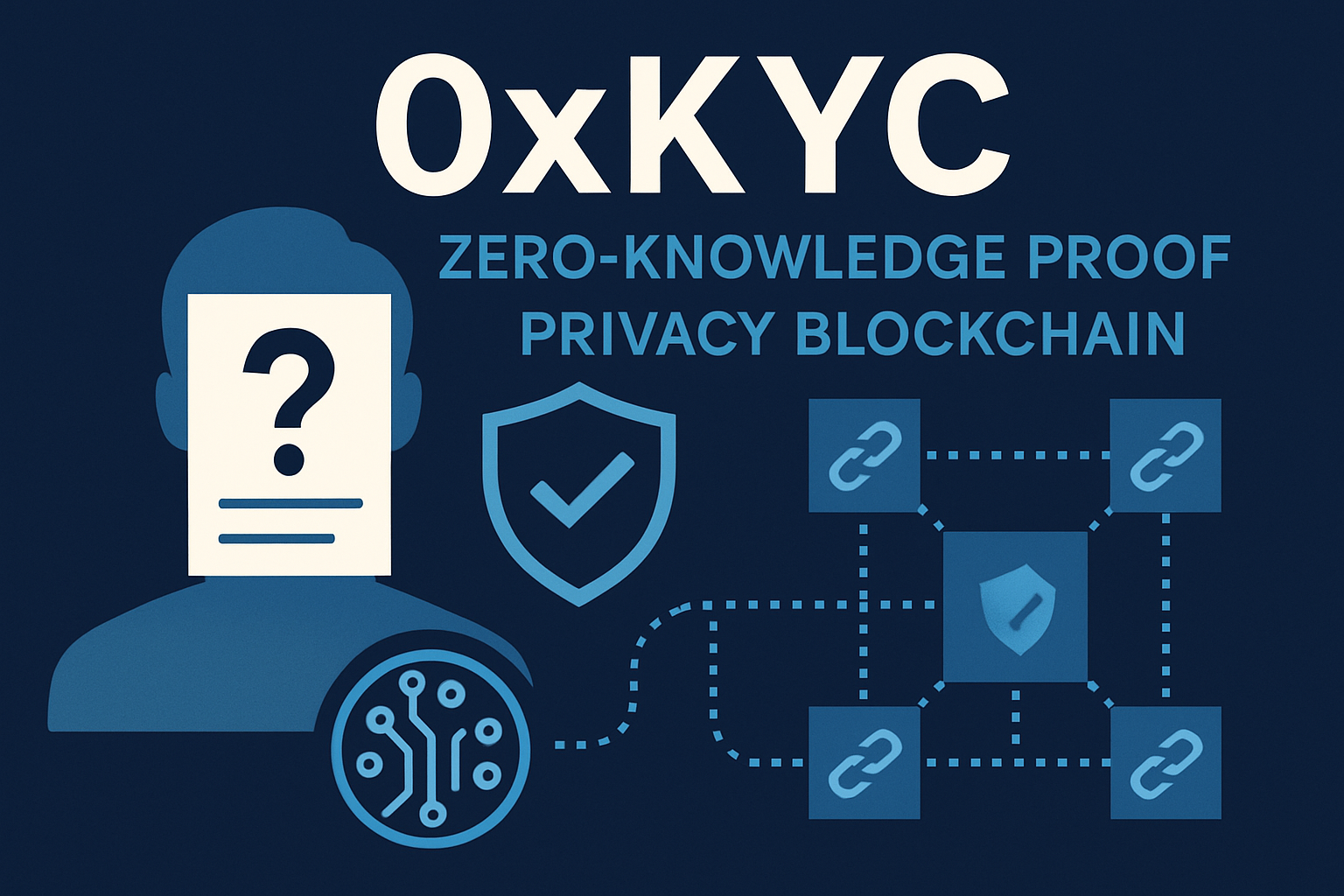
Enhanced Privacy with Zero-Knowledge Proofs: Solutions such as 0xKYC use zero-knowledge technology, letting users prove their identity or uniqueness without exposing sensitive personal data—boosting privacy and user confidence.
-
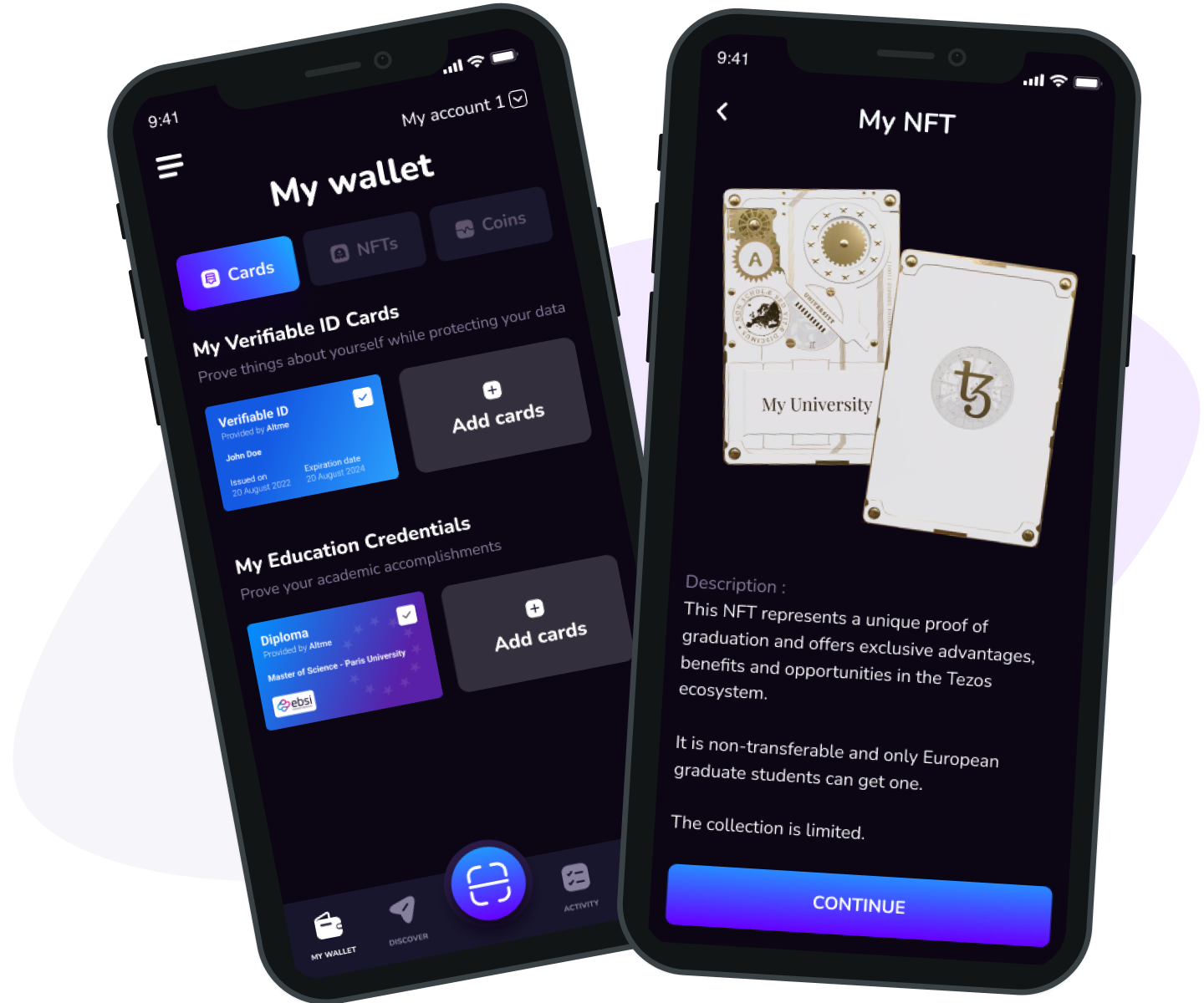
Streamlined Regulatory Compliance: Platforms like Altme issue verifiable credentials and onchain NFTs, making it easy for dApps and smart contracts to monitor and verify users’ compliance status in real time.
-

User-Controlled, Portable Identities: Onchain attestations empower users to control their digital identity and decide what information to share. Blockpass enables self-sovereign identity, simplifying onboarding across Web3 platforms.
-

Frictionless Onboarding with Verifiable Credentials: Crossmint offers interoperable, cryptographically secure credentials that speed up onboarding and access across decentralized applications.
-
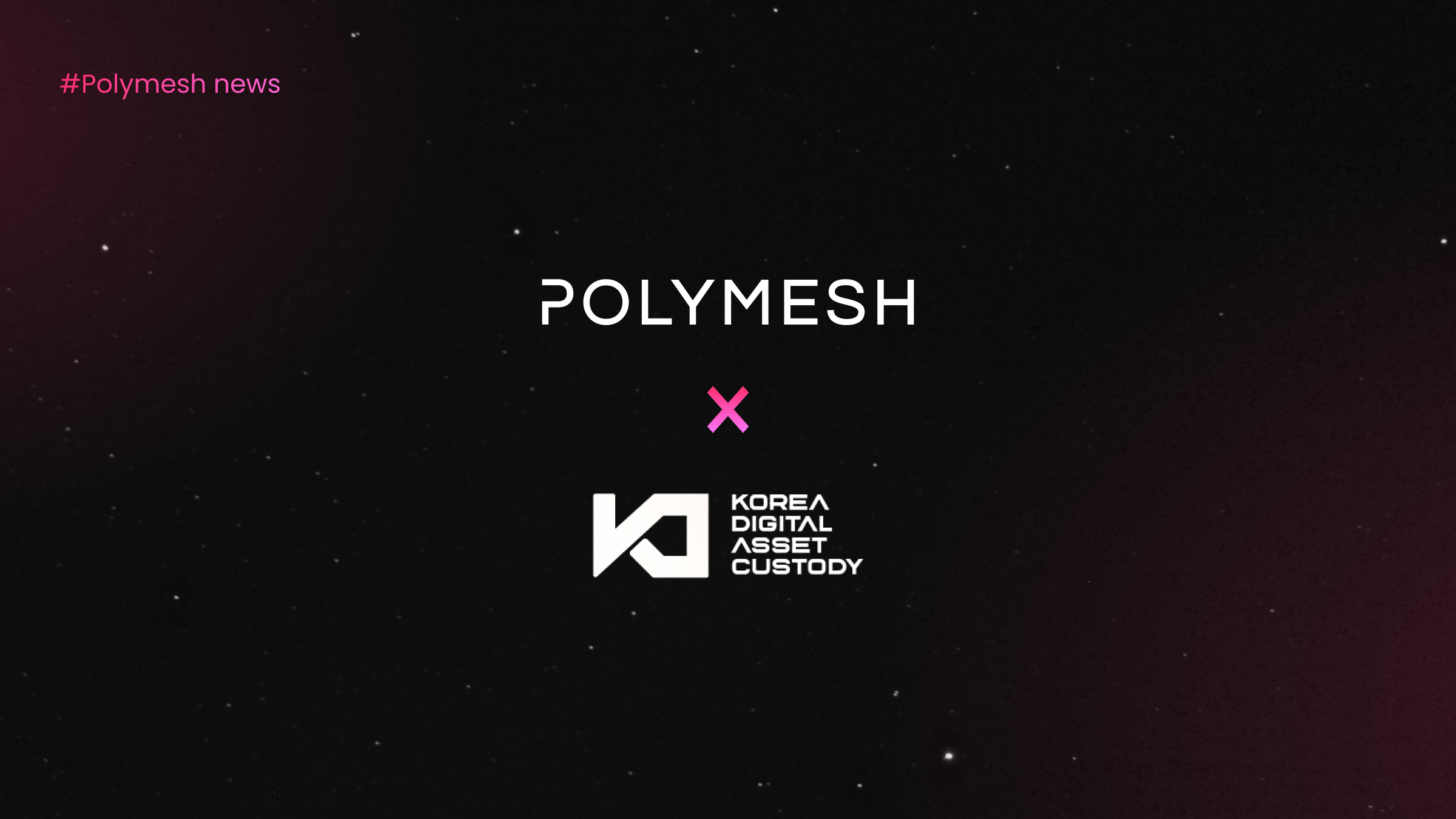
Efficient Identity Management for Institutions: Polymesh provides a single onchain identity per user or organization, attaching attestations as needed for faster onboarding and compliance checks.
-
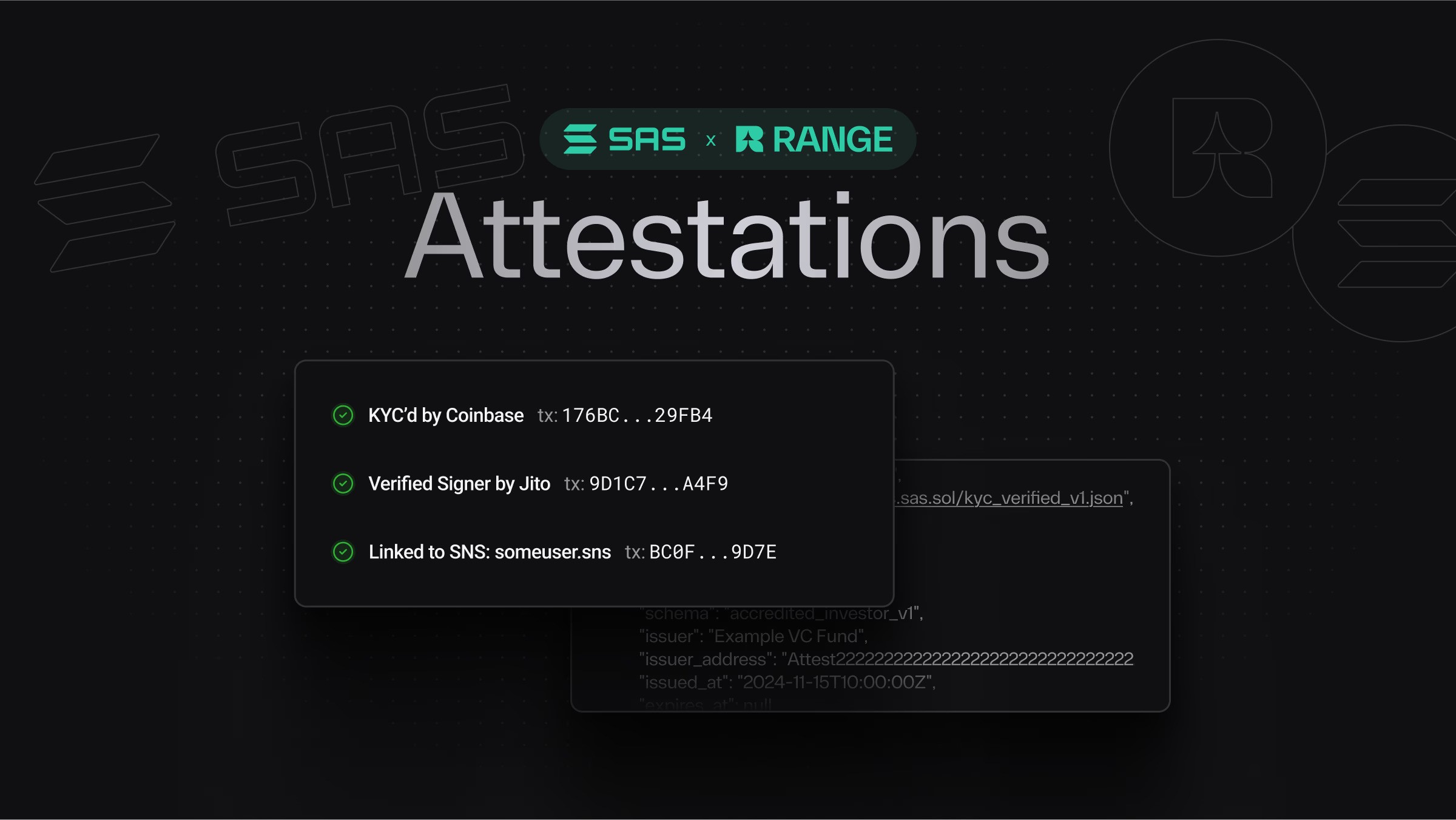
Permissioned Access Without Data Exposure: Solana Attestation Service (SAS) lets wallets verify permissions and KYC status without revealing user data, solving key bottlenecks in the Solana ecosystem.
User control is finally real: With self-sovereign identity models (think Blockpass), users choose what to share and when. No more handing over your life story every time you want to join a new protocol or community.
Compliance stays seamless: Since attestations are machine-readable by smart contracts, allowlists can be enforced automatically, no manual reviews or endless admin queues. This is a game-changer for token launches, DAO voting rights, and permissioned DeFi pools.
Interoperability isn’t just hype anymore: With standards like Ethereum’s EAS and omni-chain protocols such as SIGN Protocol gaining traction, it’s easier than ever for projects to plug into cross-chain KYC verification without building custom solutions from scratch.
What’s Next? The Road to Universal Blockchain Identity
The future of blockchain identity is composable, meaning your verified credentials can move with you across ecosystems, wallets, and applications. As more regulators recognize the robustness of onchain attestation models (especially those leveraging zero-knowledge proofs), expect even wider adoption in mainstream finance and enterprise settings.
The bottom line: Onchain attestations for KYC aren’t just about compliance, they’re about empowering users with privacy-preserving digital passports that unlock new opportunities across Web3. For projects seeking scalable growth without sacrificing trust or security, integrating these solutions should be at the top of the roadmap.






